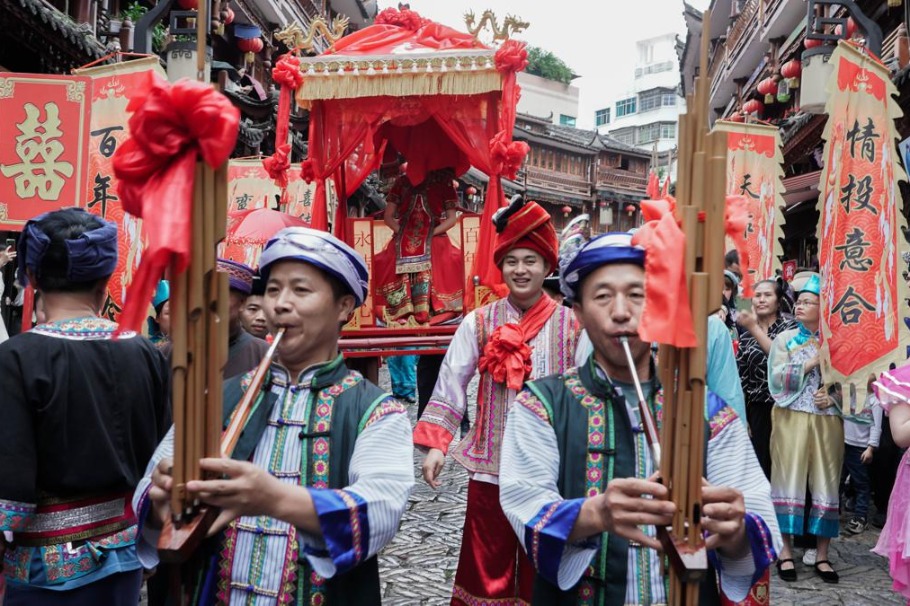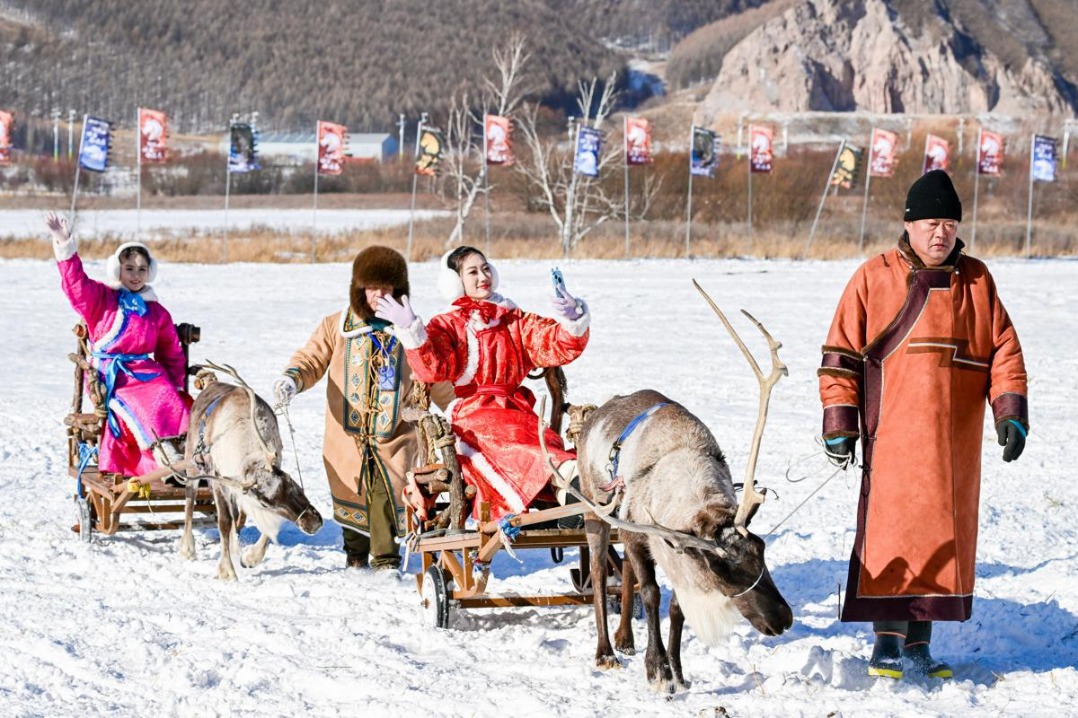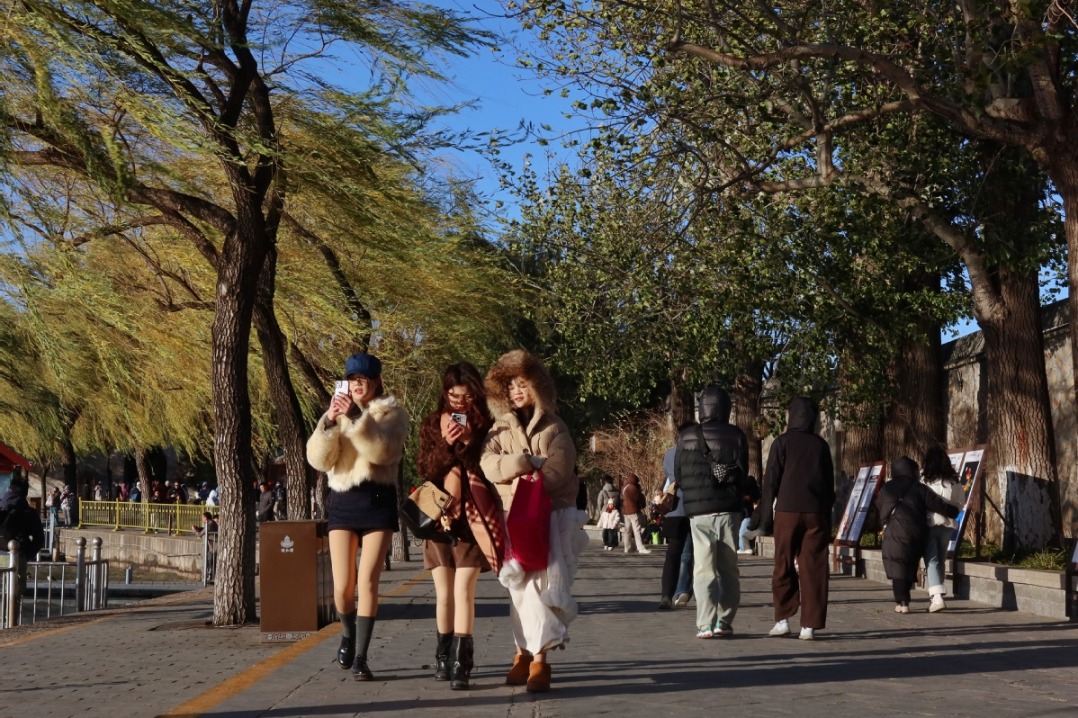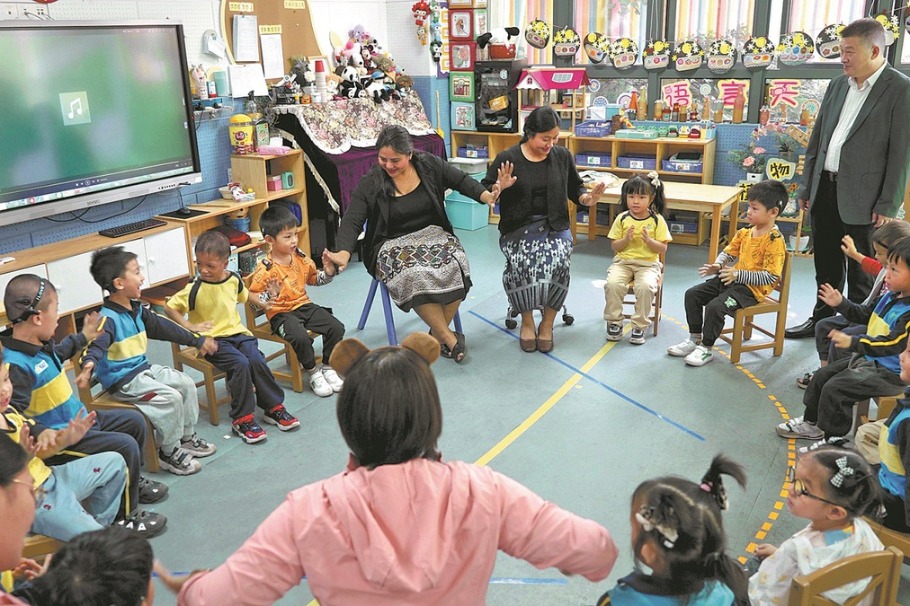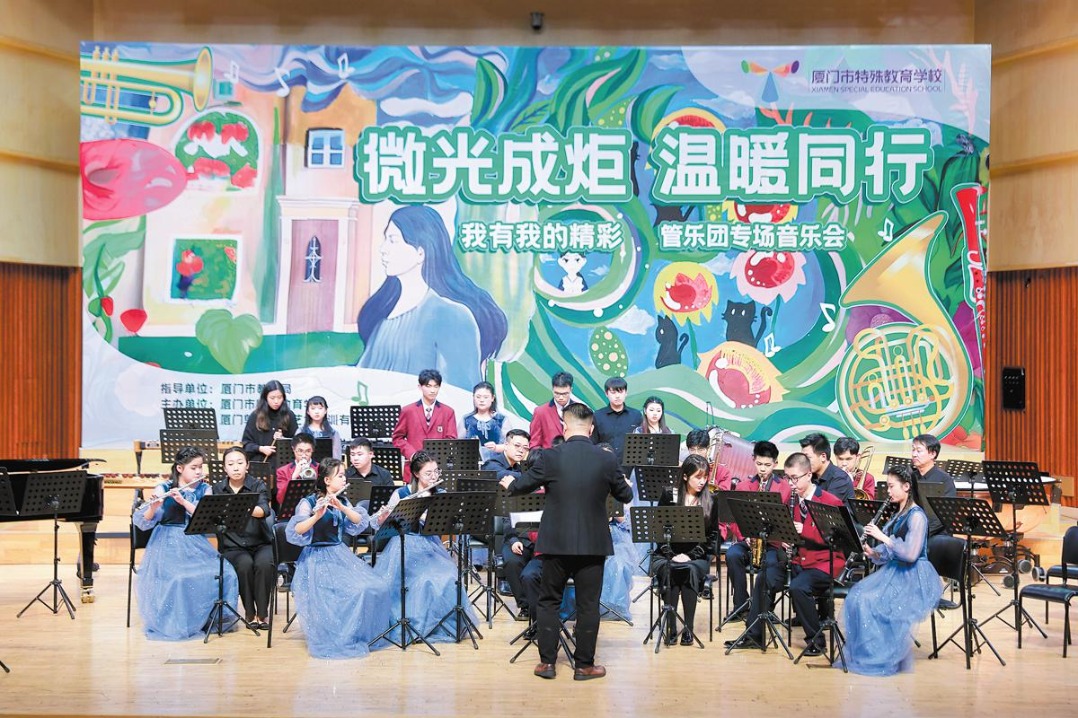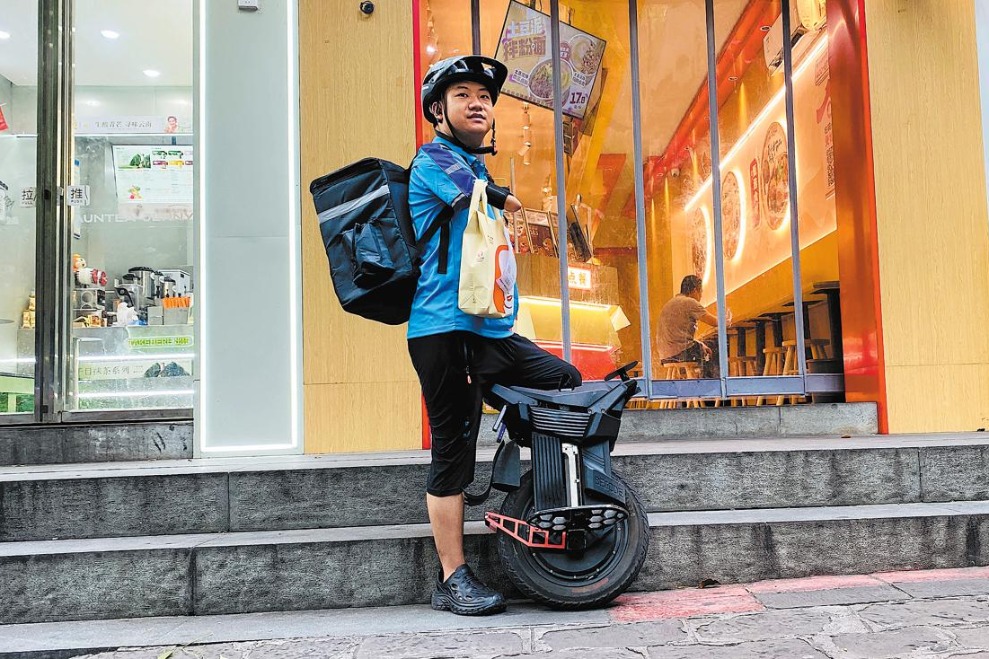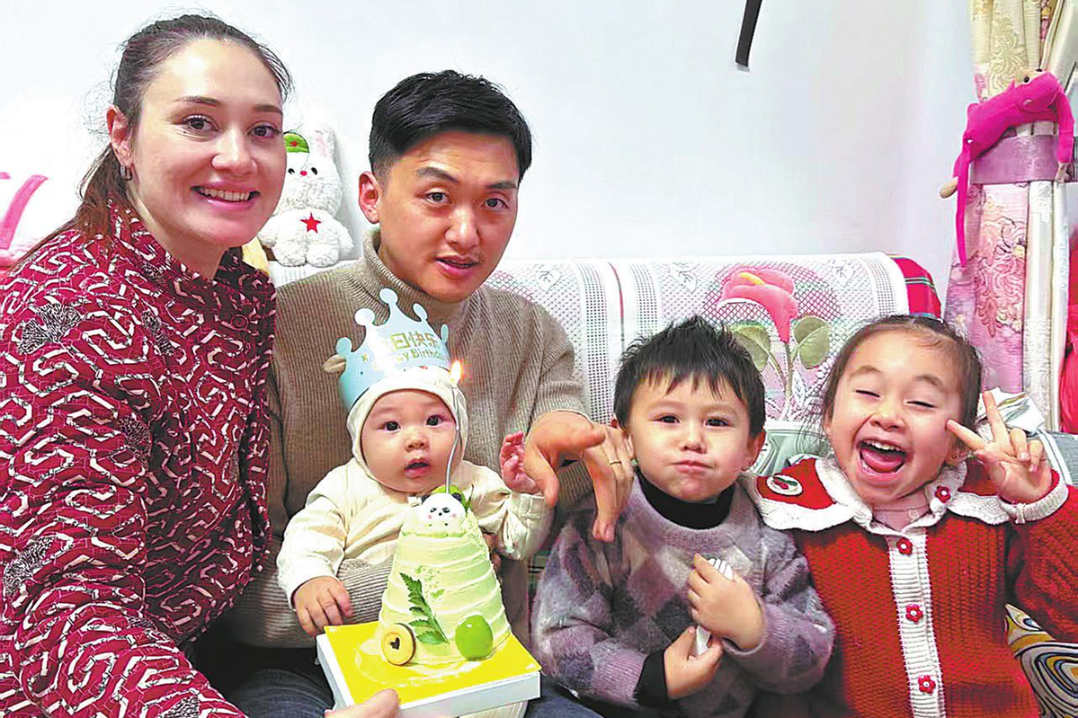Workers with disabilities building new kind of community in Taicang


An employee typically integrates into the company after a year and-a-half of training. After several years, they master a viable skill. From there, they carry the imprint of their experience at the Inclusion Factory into new chapters of their lives, equipped not just with a trade, but with the confidence to navigate the world.
Sheng Zhigang, who has an intellectual disability, is a proud veteran of the Inclusion Factory, having worked there for more than eight years.
He articulates his assembly tasks for automotive parts with detail and pride, a stark contrast to his previous life repairing bicycles on the street, a job that the 38-year-old inherited from his father, who has a physical disability.
For Sheng, the job provides more than just purpose, it offers a critical social safety net. "They provide social security for me," he explains, noting this was previously a significant financial burden. This long-term stability has empowered him to look forward, nurturing the ambition to one day "move to a better company".
As the factory's reputation has grown, so has external interest. From 2017 onward, an increasing number of companies began approaching the Inclusion Factory, seeking to hire individuals with disabilities and requesting professional support to do so effectively. Now, the factory works with more than 100 local and transnational corporations.
In response, the program has developed a robust consultancy arm, the UShine Charity Center, which provides partner companies with workplace assessments, role-matching advice and management training to foster an inclusive environment.
The program also provides immense relief and hope for families. Mu Yan, a leader in the parent organization at UShine, has witnessed this change firsthand through her daughter's experience.
For Mu, the Inclusion Factory represents a beacon of hope that was transformative enough to compel her family to drive 1,500 kilometers to Taicang.
After learning about the factory while her daughter was still in middle school, Mu saw a viable future she had previously dared not imagine. "When my daughter graduated, we felt there was nowhere else she could go," Mu said.
The decision paid off. She has witnessed her daughter, who had been diagnosed with developmental delay as a child, blossom through employment, developing crucial social skills, self-awareness and a powerful sense of autonomy.
"She believes going to work is the best," said Mu, noting that her daughter now enjoys the independence of earning and managing her own money.
This transformative experience inspired Mu Yan's own career shift. Recently, she joined the factory's parent nonprofit as a social worker, after first securing her daughter's blessing to become her colleague.
Now, from her unique dual perspective as both a parent and a professional, Mu is channeling her personal experience into broader advocacy. Her mission is to promote the Inclusion Factory model nationwide, empowering other families to believe that, with the right support, their children can lead fulfilling, self-determined lives that are central to society.
The work of the Inclusion Factory has also captured the attention of the international business sector.
Simon Zundl, director of business development for the Shanghai-based German logistics firm Topline Express, recently visited the factory to explore potential cooperation.
Having previously worked as a social worker in Germany, Zundl expressed a personal and professional connection to the cause. "I have to say, I'm really happy to see projects like this existing," he said, visibly moved by his first visit.
He highlighted the program's dual advantages, saying that it provides a space where workers are free from stigma and can build friendships, while also giving their parents vital respite.
"It helps the parents to breathe, to get some air," he said.
For Zundl, the factory also answered a lingering question about social inclusion in China. Having noticed a lower public visibility of people with disabilities compared to Western countries, he found his answer at the Inclusion Factory.
"I was wondering, where are they? And here, I can see there's a place for them."














